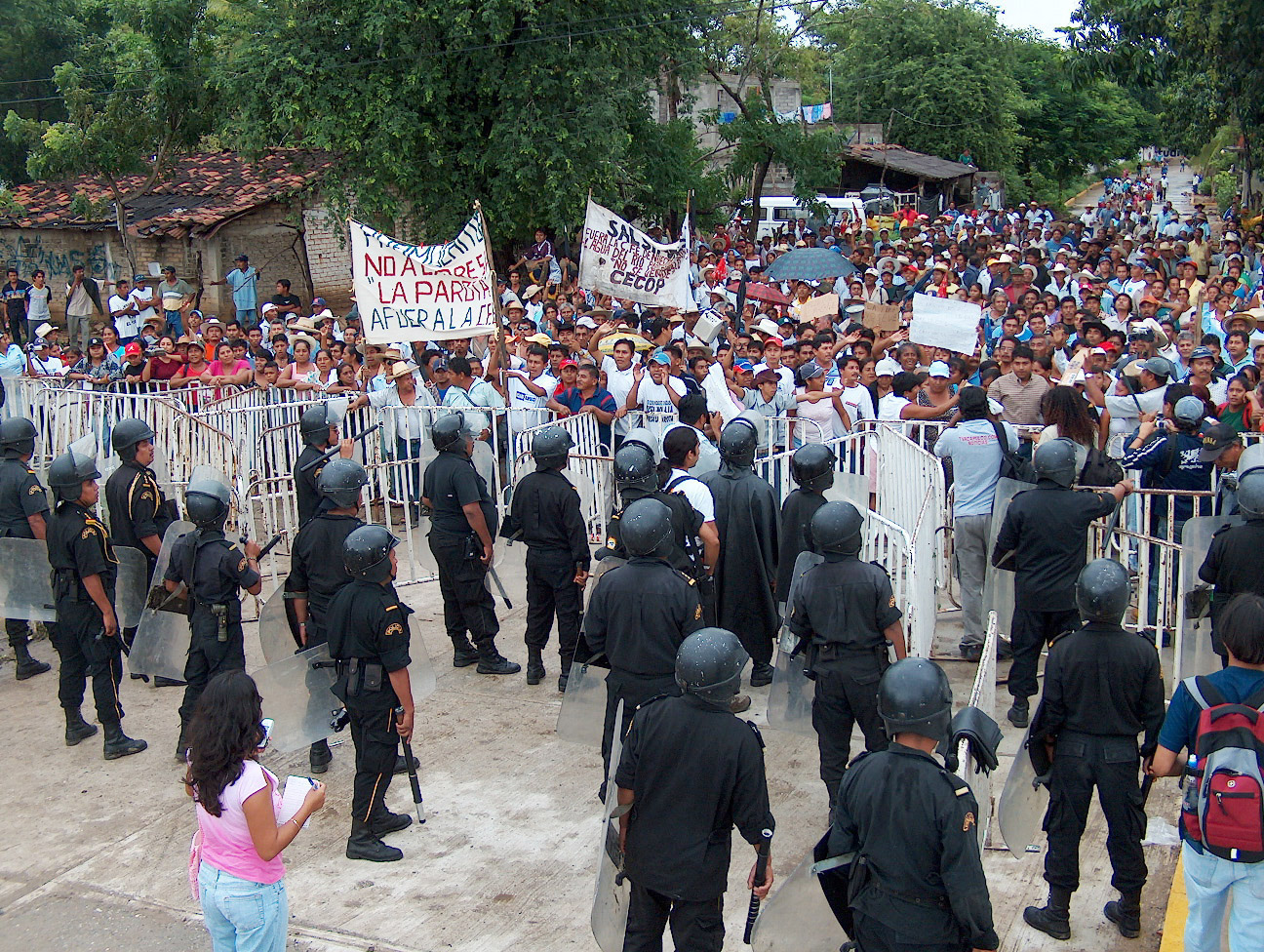In 2015, Global witness reported that three environmental activists around the world were murdered each week. This is a pattern that was earlier identified by Global Witness in their 2014 report entitled “Deadly Environment “ which was the first comprehensive report highlighting alarming murder, attacks, intimation and threats that environmental activists face all across the world. While the report got significant media attention there are still signs that this trend continues. The plight of environmental defenders was highlighted by Human Rights Bodies who have issued statements demanding action including Michael Forst, UN Special Rapporteur on Human Rights Defenders. He recently completed a report for the General Assembly (Official Report A/71/281) which has perhaps the clearest statement of the underlying cause of these attacks. He notes that the underlying cause of murder and “increasing violence, intimidation, harassment and demonization of the brave individuals and groups who strive to defend and promote environmental and land rights” is largely due to Power equality. His report finds that in relation to large development projects conflicts continually arise with environmental defenders as
“Power inequality permeates all decision-making processes; from the upstream phases such as the determination of the advisability of a project, to the design of the project, and onward to its implementation. In many cases, power inequality is aimed at shrinking space for civic participation in order to muzzle opposition to development projects. It also relates to a poor understanding of communities’ specificities and their exclusion. The affected rights-holders often live in rural, isolated areas, with little access to government services and the judiciary”.
These issue of power equality is at the heart of Principle 10 of the Rio Declaration. This Principle was adopted in 1992 by over 196 governments. It states that
“Environmental issues are best handled with participation of all concerned citizens, at the relevant level. At the national level, each individual shall have appropriate access to information concerning the environment that is held by public authorities, including information on hazardous materials and activities in their communities, and the opportunity to participate in decision-making processes. States shall facilitate and encourage public awareness and participation by making information widely available. Effective access to judicial and administrative proceedings, including redress and remedy, shall be provided. “
The Access Initiative, a network of civil society organization has been working to fight for transparency, participation and access to justice that for the past 15 years in over 60 countries around the world. Our network has assessed the state of law and practice in the implementation of principle 10 both through the carrying out of national assessment and the creation of an Environmental Democracy Index. It is clear our work now within the context of the threats to environmental defenders needs to continue to deepen.
Today we begin this process, The Access Initiative in association with Mexican Center for Environmental Law (CEMDA), Article 19 Brazil, Environmental and Water Law Alliance in Guatemala, the Center for Environmental Advocacy in Panama, Law, Environmental and Natural Resources in Peru and the Department of Management Studies, Faculty of Social Sciences of the University of the West Indies is participating in the launch of a report with case studies entitled “Emerging practices of States regarding the protection of environmental defenders in Latin America and the Caribbean”. This report is a first attempt to describe emerging practices that are relevant to the prevention of harm, and protection of environmental defenders in countries across the region. This region is has the most cases of recorded murder and intimidation in the world. These case studies were developed by civil society organizations from Latin America and the Caribbean, created with the input of environmental human rights defenders from the region. Specifically, this publication seeks to identify emerging practices that address not only protection of the physical integrity of the defender, but also seek to address power inequality in decision-making process looking at cases that promote a preventive approach to avoid social and environmental conflicts, through mechanisms of access to information, participation and justice.
The cases presented include
- The National Program for the Protection of Human Rights Defenders in Brazil,
- The Support Institute for the Analysis of Attacks on Human Rights Defenders in Guatemala,
- The protection mechanism for the human rights defenders and journalists in Mexico,
- The Ombudsman’s Office in Panama
- Prior consultation in the case of Amazon Waterway in Peru, and
- Section 69 of the Environmental Management Act in conjunction with the Judicial Review Act of Trinidad and Tobago.
These emerging practices constitute progress in the prevention and protection of environmental defenders. However, we have identified in almost every case challenges in implementation and enforcement that require improvement to meet their objectives in light of international standards. The report includes a calls for
- more systematic diagnosis and monitoring of attacks on individuals, communities, organizations and movements defending the environment, land and territory in all countries to identify patterns in the attacks,
- addressing national deficiencies through legal and non-legal initiatives,
- placing greater attention to improve the creation and implementation of effective mechanisms of access to information, participation and justice in environmental matters,
- Respect for cultural diversity of indigenous peoples and local communities and recognizing the importance of women in the struggle for territory and rights and finally
- Making progress in the region to in the development of a legally binding regional Principle 10 agreement on access to information, participation and justice in environmental matters in the region.
We hope this report provides impetus for more action, including identification of other emerging mechanisms in other countries across the world, with opportunity for a real hard look for solutions that will address the disparities of power with an explicit focus on empowerment, equity, trust and learning”. The report was launched at a webinar featuring Michael Forst, John Knox, Andrea Cerami and Carole Excell ( February 2017)
